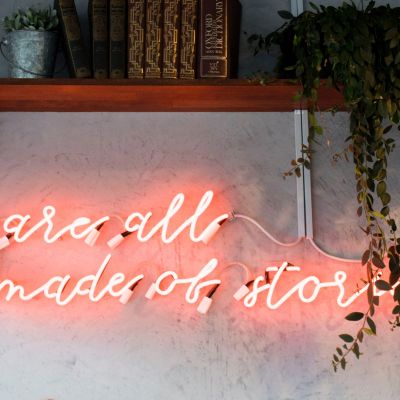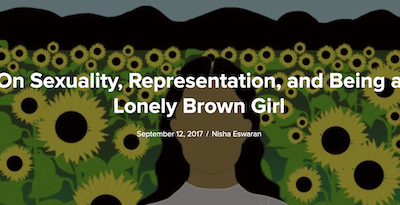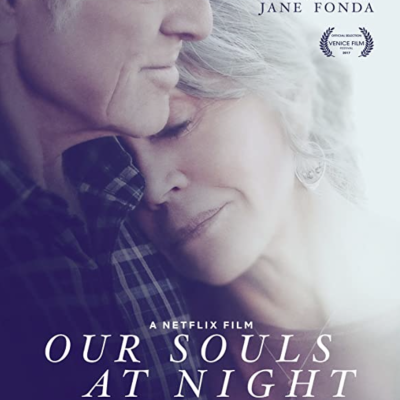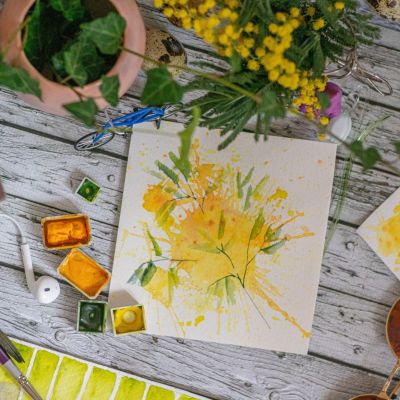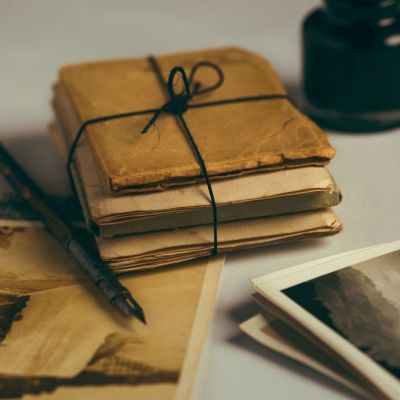dating
Dalit women are primarily viewed as victims and survivors of various kinds of violence. Reification of the Dalit identity has led to the boxing of our existence whose dimensions are solely defined by the savarna (dominant caste) gaze. Our self-assertions of identity are commodified to create a warped limiting of our lives, creating an image that is voiceless in the minds of our potential suitors. We are not seen as being capable of desire, love or happiness; we don’t exist as individuals outside of violence.
Looking back, it seems strange, almost sad that he couldn’t contain his anxiety, couldn’t bear the shame of what he did wrong. He must have skimmed over so much turmoil, that he couldn’t accept the reality of harming someone.
Last weekend, after a very hectic week, I was looking for a light and easy movie to watch and came…
Generations come and go but the quest for love remains eternal. In the early 2000s, most of us millennials were…
If not him, there is his brother – Mir, are there any restrictions in love? Mir Taqi Mir, 18th century…
I long for much more than a greater representation of brown women. I long for a complete overhaul of the racial, gendered, and economic systems that structure our suffering.
But I also long for representation of all people, including brown women, who are in love, who are loveable, and who are — in the absence of love — lonely.
Body image, body shaming, fat shaming. Familiar. Heart image, heart shaming, self-shaming. Expanding the same concept. You know how the…
All this online dating activity must surely produce amusing stories. It was with this thought that Mumbai-based writer and illustrator Indu Kumar set about her art project #100IndianTinderTales.
I realised that we are constantly thinking about the future and our life as we age, and are afraid of facing the world alone. The uncertainty of future events, of which there are many combinations, makes us feel insecure and vulnerable.
Even with all the risks that AI poses, it seems a safer bet than humans trying to exploit dating apps to make quick money.
At present Neel[1] and I live-together, part-time. I write part-time because I stay alternately with him and with my sister…
There may already be another organisation in the community to share resources with but for community-led initiatives, a shared perspective on Safe, Inclusive, Sexuality-Affirming (SISA) spaces is also important. Sometimes when the shared perspective is not there, that becomes a challenge.
Abha Khetarpal is a disability rights activist and self-advocate, writer, motivational speaker, and President of Cross the Hurdles, a resource…
I only ever read your letters
to learn what patterns to avoid
in future relationships.


